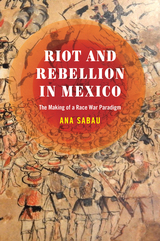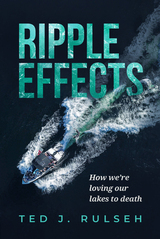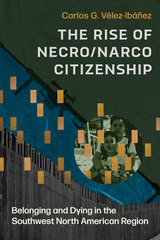9 start with D start with D

The traditional audience/producer boundary has collapsed in indigenous and ethnic community broadcasting, and this is the first comprehensive study of this homegrown media sector. Based on firsthand research of radio and television audiences in Australia, the authors argue that community radio and television worldwide performs an essential service for indigenous and ethnic audiences, empowering them at various levels, fostering active citizenry, and enhancing democracy. Developing Dialogues offers international researchers a new perspective on Australian community broadcasting and presents evidence of global trends in the media industry.

Beginning in the 1990s, fossils unearthed in Australia and New Zealand began to reshape the debates around some of paleontology's most hotly contested questions: how dinosaurs and birds are related, whether dinosaurs were warm-blooded, and when and how the mammals began their rise.
In this first comprehensive account of Mesozoic vertebrates from New Zealand and Australia, John Long shows that, while the fossil record from the region can be sparse and fragmentary, finds from such sites as Dinosaur Cove, Coober Pedy, Lightning Ridge, and the fossil trackways at Broome offer new and occasionally startling evidence that has the potential to challenge current views. Long's up-to-date coverage includes the discovery in late 1996 of a new shrew-like mammal, Ausktribosphenos nyktos.
Entries on individual fauna begin with a brief introduction, written to be accessible to the armchair paleontologist, that describes the prevailing climate and habitat during the relevant geological time period, followed by more technical information aimed at specialists, including type characteristics, location and other details about the specimen's discovery. Dinosaurs of Australia and New Zealand is profusely illustrated with photographs of the fossils, maps, and newly commissioned life restorations by some of the leading dinosaur illustrators from Australia and the United States: Peter Schouten, Tony Windberg, Bill Stout, and Mike Skrepnick.

This addition to Intellect's Directory of World Cinema series turns the spotlight on Australia and New Zealand and offers an in-depth and exciting look at the cinema produced in these two countries since the turn of the twentieth century. Though the two nations share considerable cultural and economic connections, their film industries remain distinct, marked by differences of scale, level of government involvement and funding, and relations with other countries and national cinemas. Through essays about prominent genres and themes, profiles of directors, and comprehensive reviews of significant titles, this user-friendly guide explores the diversity and distinctiveness of films from Australia and New Zealand from Whale Rider to The Piano to Wolf Creek.

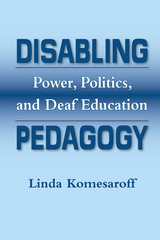
Traditionally, deaf education has been treated as the domain of special educators who strive to overcome the difficulties associated with hearing loss. Recently, the sociocultural view of deafness has prompted research and academic study of Deaf culture, sign language linguistics, and bilingual education. Linda Komesaroff exposes the power of the entrenched dominant groups and their influence on the politics of educational policy and practice in Disabling Pedagogy: Power, Politics, and Deaf Education.
Komesaroff suggests a reconstruction of deaf education based on educational and social theory. First, she establishes a deep and situated account of deaf education in Australia through interviews with teachers, Deaf leaders, parents, and other stakeholders. Komesaroff then documents a shift to bilingual education by one school community as part of her ethnographic study of language practices in deaf education. She also reports on the experiences of deaf students in teacher education. Her study provides an analytical account of legal cases and discrimination suits brought by deaf parents for lack of access to native sign language in the classroom. Komesaroff confronts the issue of cochlear implantation, locating it within the broader context of gene technology and bioethics, and advocates linguistic rights and self-determination for deaf people on the international level. Disabling Pedagogy concludes with a realistic assessment of the political challenge and the potential of the “Deaf Resurgence” movement to enfranchise deaf people in the politics of their own education.
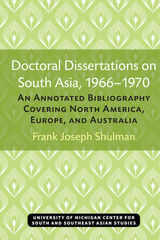
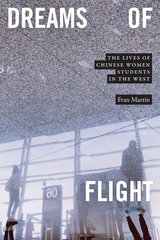
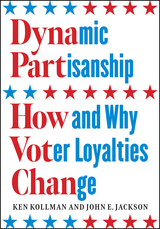

Kerry McCallum and Lisa Waller critically examine how Indigenous health, bilingual education, and controversial legislation are portrayed through public media, and they look closely at how Indigenous people are both being excluded from policy and media discussion, as well as using the media to their advantage.
READERS
Browse our collection.
PUBLISHERS
See BiblioVault's publisher services.
STUDENT SERVICES
Files for college accessibility offices.
UChicago Accessibility Resources
home | accessibility | search | about | contact us
BiblioVault ® 2001 - 2025
The University of Chicago Press




